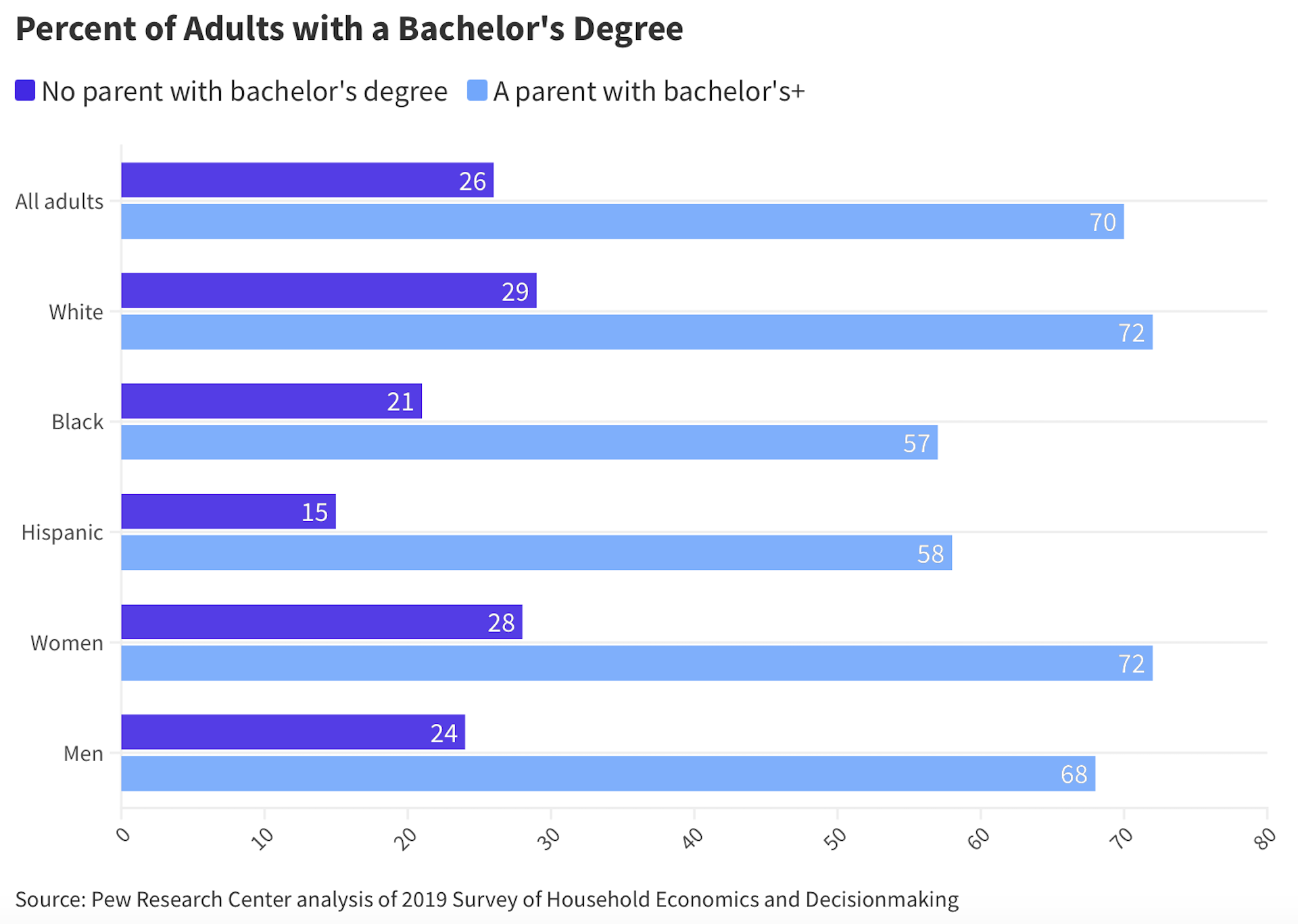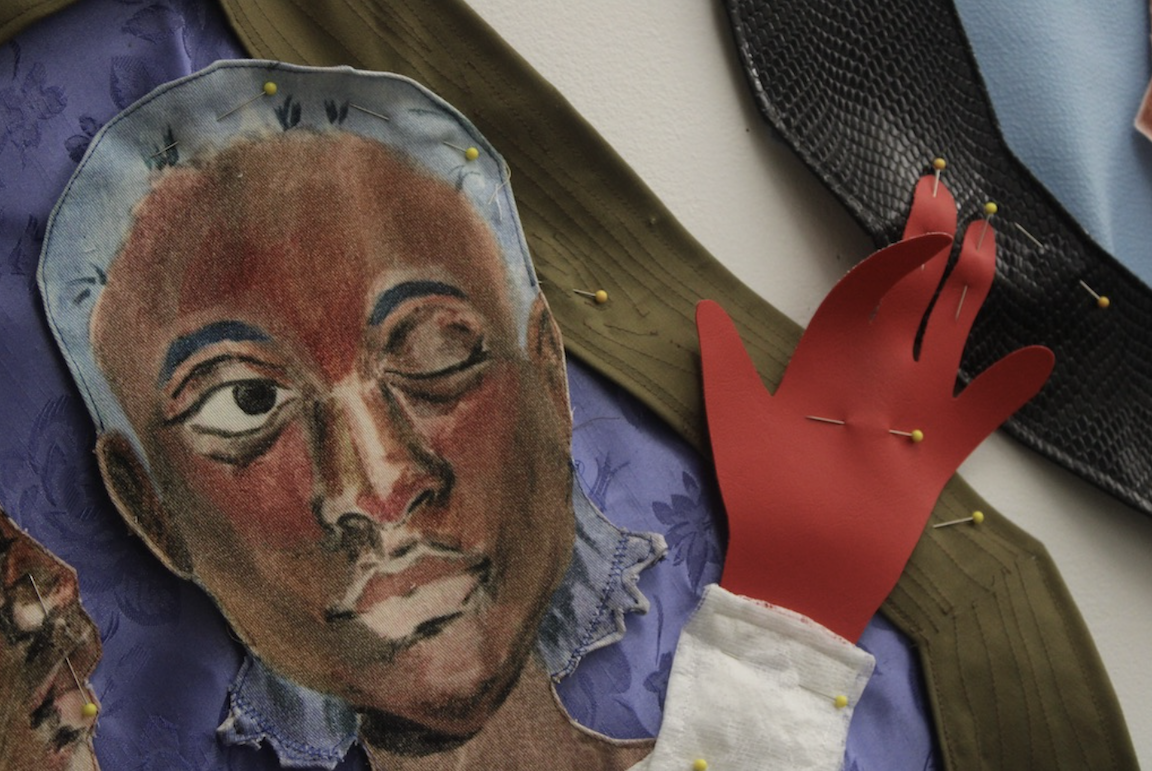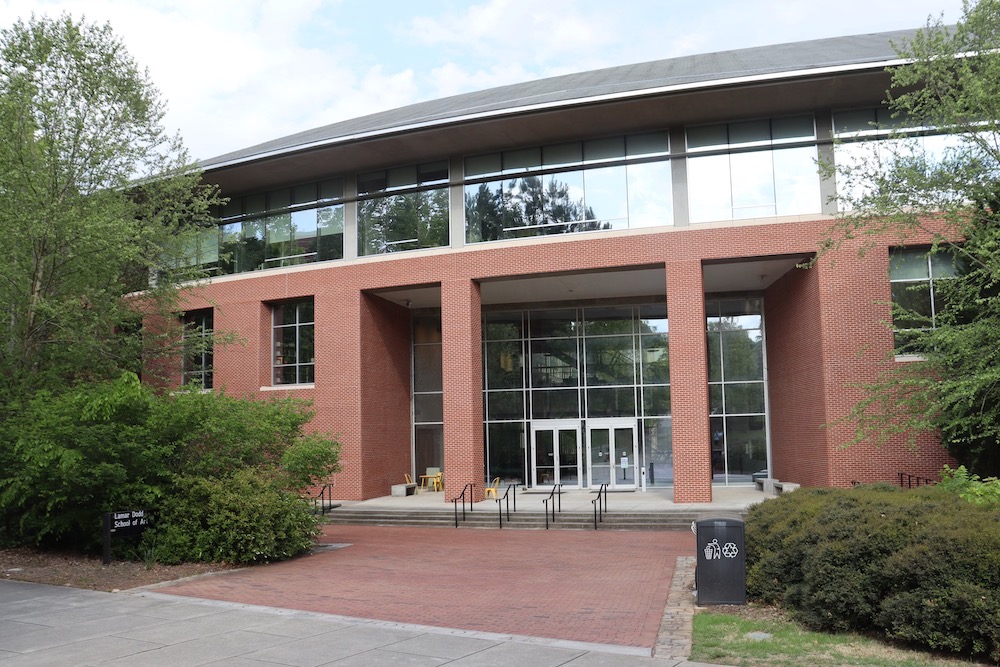Siham Ahmed, a fourth-year student at the University of Georgia, emigrated from Ethiopia to the United States at the age of 1. The move away from culture and community was difficult, but Ahmed said her parents made the decision “because of the opportunities that exist in America Where can I get a payday loan?, specifically as it relates to education and access to health care and just better living conditions.”
When she opened her acceptance letter to the University of Georgia four years ago, Ahmed was shocked and ecstatic. Now, as she wraps up her time at UGA, the full weight of this accomplishment is setting in.
“I’m the first woman in my whole family to ever graduate from college, and that says a lot, especially because I am a Black woman, and I am an immigrant,” Ahmed said.
A Generational Milestone
For first-generation college students like Ahmed, the past few years encompass a multitude of firsts within a student’s family. Learning to adapt and succeed in a college environment is a testament to their perseverance.
William Redding, a fourth-year linguistics major from Cornell, Georgia, is proud to be the first. Although both his parents attended some college, neither were able to graduate.
This feels like a really big generational curse broken,” Redding said.
There is a 26% graduation rate among first-generation college students, compared to a 70% graduation rate for students with at least one parent holding a bachelor’s degree, according to a 2021 study by the Pew Research Center. With specific challenges facing first-generation students, this gap reveals how many students struggle to adapt to this unfamiliar environment.

As a freshman, Redding felt overwhelmed and had his spring semester cut short by COVID-19. Redding said this time was especially tough for some of his first-generation peers who had to take a year off of school to support their families financially.
Redding said that “intersectionality,” or the overlapping of multiple identities, plays a role in a student’s college experience. First-generation students may have family obligations, financial barriers, racial underrepresentation or low academic self-esteem, which can create challenges in a new academic environment.
With a pandemic heightening pressure on first-generation students, getting to graduation became significantly harder. Redding said his advice for other first-generation college students is to “focus on your successes and, honestly, just keep pushing. It’s going to get tough but ask for help and find your community.”
Against the Odds
Redding propelled into higher education with a strong sense of independence and self-reliance. As a first-generation student, he was used to solving problems and figuring things out. But when he arrived on campus at UGA, these traits became a barrier to asking for help.

“Even though no one expected me to have everything together perfectly… I had just not been used to having to ask questions,” Redding said. “I wasn’t… able to accept generosity in a way that would ultimately serve me.”
Without college-educated parents to answer questions, the college landscape can be challenging to decipher. The UGA First-Generation Handbook teaches first-generation college students how to take advantage of available resources, navigate new academic and financial systems, and adapt to the language of higher education.
Nationally, a third of students identify as first-generation, and UGA reports that there are over 1,600 students enrolled that identify as first-generation. On campus, first-generation students have access to certain resources that target their needs.
First Gen Dawgs is a student-led organization on campus aimed at providing resources and community for students. Recently, they have organized professional headshots, mentorship meetings, awarded scholarships and hosted networking events.
“We go into these spaces that aren’t necessarily made for us and it’s very hard to be an advocate for yourself,” Jimena Somilleda-Miranda, a third-year public affairs major and the communications chair of First Gen Dawgs, said.
Finding a Support System
Ahmed is roommates with three other students that identify as first-generation and children of immigrants. With shared identities and struggles, these friendships give Ahmed a sense of comfortability and connection on campus.
Especially throughout the post-graduation job search, Ahmed and her roommates rely on one another to discuss and edit cover letters, resumes and personal statements. While some students can rely on their parents for this advice, Ahmed said finding this support system among her first-generation peers has been rewarding.
“It’s a different experience than other students may have at UGA,” Ahmed said. “You can have your friend check up on your resume. But do they know what you’ve gone through? Are they from the same community as you? Are they first-gen? Do they know what struggles you have had being in college? … It’s likely that they don’t if they’re not first-gen.”
As students find community and create a toolbox of resources, navigating college becomes less daunting. Somellida-Miranda said she hopes that in the future UGA will cater to more diverse student experiences and continue building on resources for first-generation students.
Eva Pound is a senior majoring in journalism and international affairs.









Show Comments (0)